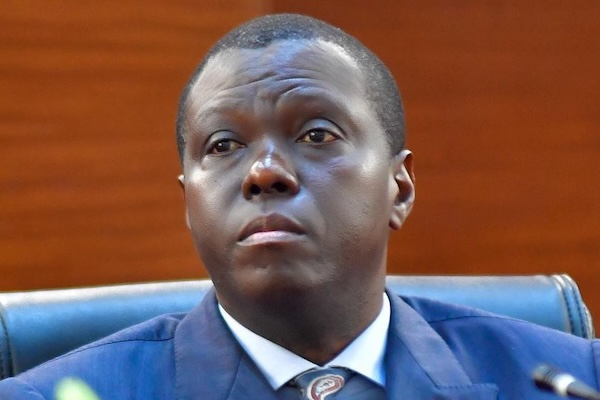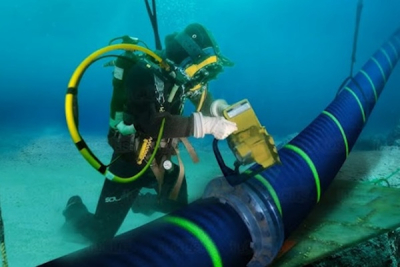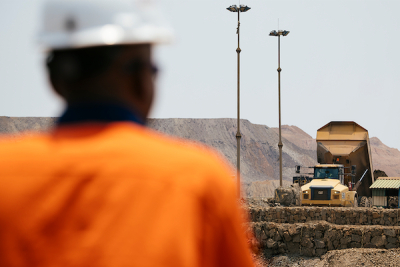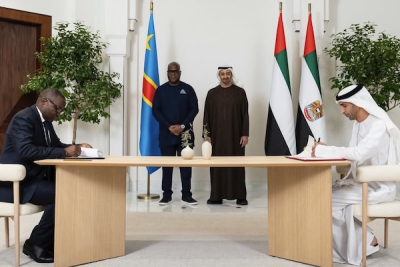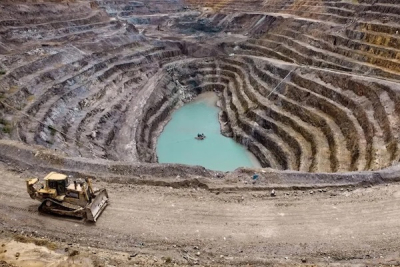On July 23, 2025, President Félix Tshisekedi appointed André Wameso Nkwaloki as Governor of the Central Bank of Congo (BCC). He succeeds Malangu Kabedi Mbuyi, who will now head the Congolese Savings Bank.
André Wameso, a close aide to the Head of State, has served as Deputy Chief of Staff for economic and financial affairs since April 2021. In that key role, he helped design and coordinate national economic policies, while directly advising the President on critical matters such as public finances, foreign investment, and relations with international donors.
Wameso also brings solid banking experience, with over 17 years in the sector, particularly in audit and risk management. He worked as a risk controller at Rawbank after spending about 15 years with Dexia Group. This technical expertise provides him strong command of financial mechanisms and banking regulation.
A committed political figure, he was elected as a national deputy in 2023 but chose not to take his seat in Parliament to continue his role as an economic adviser. Before that, he served for over two years as an itinerant ambassador. His appointment to lead the BCC marks a shift from a behind-the-scenes advisory role to a high-profile public position.
Economic Challenges and Critics
The new governor takes office amid major economic transformations driven by a program signed with the International Monetary Fund (IMF) in January 2025.
Stabilizing, or even strengthening, the Congolese franc (CF) is a top priority. The franc currently remains stable at around 2,860 CF to the dollar. To achieve this stability, the benchmark interest rate was raised to 25% to contain inflation. With inflation now below 9%, some economic actors are calling for a rate cut to meet the economy's financing needs.
Foreign exchange reserves reached $6.7 billion at the end of 2024, equivalent to 10.1 weeks of imports. This remains below the IMF’s recommended three-month import threshold. Reserves will need to rise further to meet the IMF program's target of 12.4 months of imports by 2026, amid security pressures and industrialization ambitions.
Another major undertaking is the rollout of the Treasury Single Account at the Central Bank. This reform aims to streamline public resources but could destabilize commercial bank balance sheets if not supported by appropriate mitigation measures.
Other BCC priorities include aligning with international financial reporting standards, consolidating banking system stability, improving transparency, and enhancing economic statistics.
Combating money laundering remains a major challenge for the country’s integration into global economic networks and is crucial to the credibility of the Congolese financial environment.
The next Monetary Policy Committee meeting, scheduled for August 26, will be the new governor’s first test. Analysts expect a possible revision of the benchmark rate if inflation continues to fall. The challenge will be to stimulate bank credit without risking depreciation of the Congolese franc.
Wameso’s appointment, seen as a choice rooted in trust and political closeness, has also raised questions about the BCC's independence. It is now up to the appointee to prove he can balance political loyalty with technical discipline to strengthen the institution’s credibility and bolster the country’s macroeconomic foundations.
Georges Auréole Bamba






